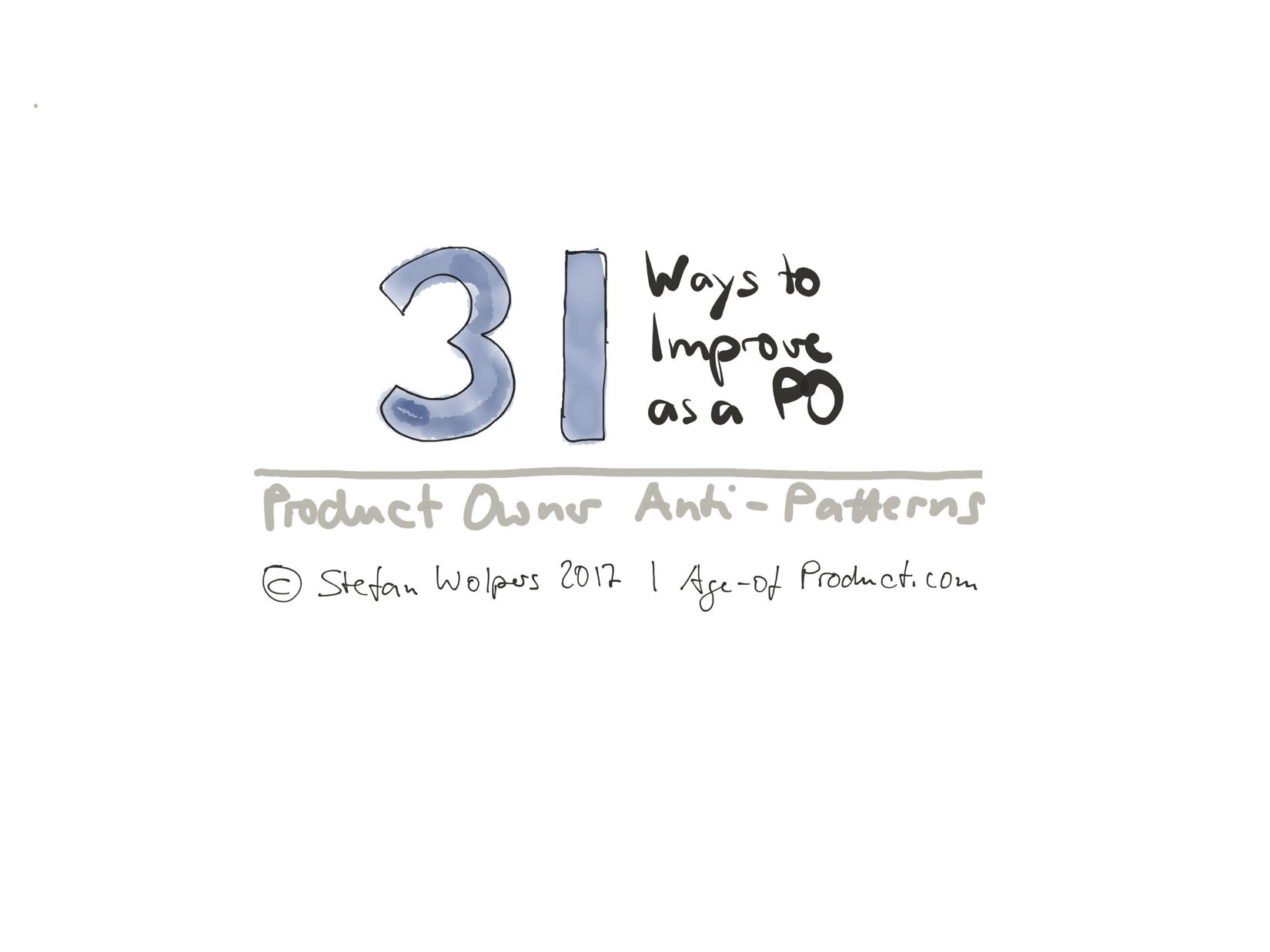TL; DR: Asking Good Questions, Trade-offs & Debts—Food for Agile Thought #228
Welcome to the 228th edition of the Food for Agile Thought newsletter, shared with 25,103 peers. This week, we delve into asking good questions, thus overcoming assumptions; we learn more about the cognitive science behind ‘Agile,’ and we cautiously check SAFe again.
We gain insight into how to handle product failures catastrophes; we reflect whether trade-offs are worth the costs. Also, we come back to defining what a product is, focusing on its two critical elements.
Lastly, we appreciate an excursion into psychological safety—from its origins to pioneering its application.
Did you miss last week’s Food for Agile Thought’s issue #226?

🗞 Do you want to get this article in your inbox in the future? You can sign up here for our weekly ‘Food of Agile Thought newsletter’ and join 29k other subscribers.

🏆 The Tip of the Week
(via Strategyzer): The Art of Asking Good Questions with The Language Compass
Stefano Mastrogiacomo points at the importance of making fewer assumptions but focusing on facts and shares the Language Compass canvas for download.
The Language Compass helps avoid escalations by suggesting a set of neutral questions that help inquire and understand the first-order realities (facts) hidden behind unproductive second-order statements (assumptions).
Agile, Scrum & Asking Good Questions
(via Scrum.org): Thinking By Sprinting: What Cognitive Science Tells Us About Why Scrum Works
Christiaan Verwijs argues that our cognitive abilities are limited, which is why empirical approaches are likely to outperform analytical plans such as ‘waterfall.’
(via Corporate Rebels): Psychological Safety: How Pioneers Create Engaged Workforces
Joost Minnaar delves into the psychological safety—from history to practical examples of organizations where ‘failure’ is an option.
(via InfoQ): 📺 Scaled Agile Framework (SAFe): Bloated Bureaucracy or an Enabler for Business Agility?
Almudena Rodriguez Pardo takes a closer look at various scaling frameworks and defines what SAFe is and what it is not, and why SAFe is dividing the agile community.
📅 Professional Scrum Master Training PSM II — Berlin, March 24-25, 2020
This advanced Scrum Master training (PSM II) by Berlin Product People is a 2-day official Scrum.org class for advanced Scrum Masters, including the industry-acknowledged PSM II certification. This PSM training class will be offered in English. You can book your seat directly:

Looking for a different date? Back to the training schedule for the Advanced Scrum Master Training (PSM II).
Learn more: 📅 Professional Scrum Master Training PSM II — Berlin, March 24-25, 2020.
Product & Lean
: Product catastrophe: The top four scenarios and how to deal with them
Joe Leech shares the most common product failure situations, the symptoms, causes, and what to do to both before and after it goes wrong.
(via ProdPad): Decisions, Debt, and other Dilemmas
Janna Bastow reflects on making trade-offs, which often also means taking on tech debt, design debt, and other types of debt.
: Define a Product
Stephanie Ockerman points at the two critical things that help you define your product: ‘Done’ and customer value.
📯 31+2 Product Owner Anti-Patterns
If you are working as a Product Owner, there is—very likely—room for improvement. This list of some of the most common Product Owner anti-patterns might be a starting point.

Read more: Product Owner Anti-Patterns — 31+2 Ways to Improve as a PO.
📅 Scrum Training & Event Schedule
You can secure your seat for Scrum training classes, workshops, and meetups directly by following the corresponding link in the table below:
See all upcoming classes here.

You can book your seat for the training directly by following the corresponding links to the ticket shop. If the procurement process of your organization requires a different purchasing process, please contact Berlin Product People GmbH directly.

📺 Join 1,900-plus Agile Peers on Youtube
Now available on the Age-of-Product Youtube channel:
✋ Do Not Miss Out and Learn about Asking Good Questions: Join the 6,775-plus Strong ‘Hands-on Agile’ Slack Community
I invite you to join the “Hands-on Agile” Slack Community and enjoy the benefits of a fast-growing, vibrant community of agile practitioners from around the world.

If you like to join all you have to do now is provide your credentials via this Google form, and I will sign you up. By the way, it’s free.


